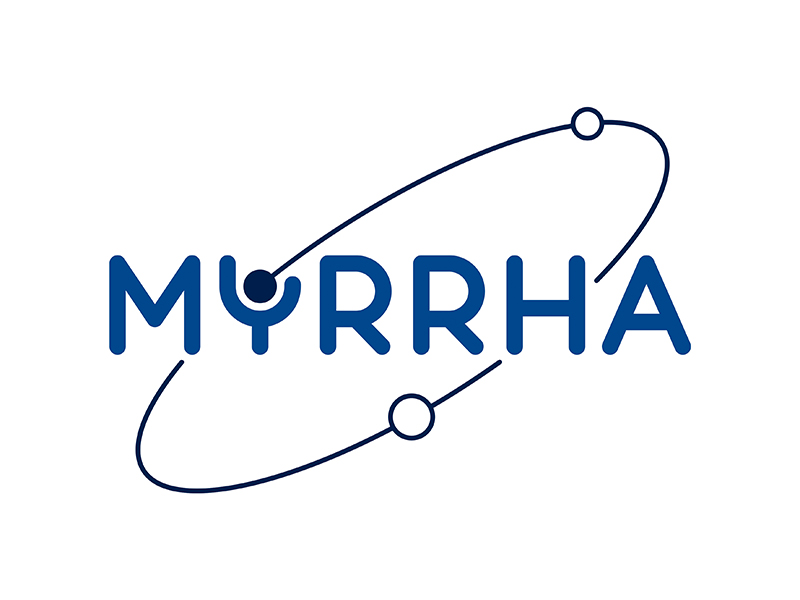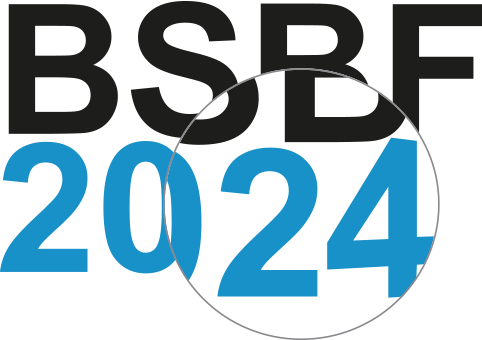
Multi-purpose HYbrid Research Reactor for High-tech Applications
MYRRHA, the Multipurpose Hybrid Research Reactor for High-tech Applications, is a multipurpose irradiation facility being developed by the Belgian Nuclear Research Centre (SCK CEN). It will be the world’s first prototype of a large-scale Accelerator Driven System (ADS) and represents a significant advancement in nuclear research technology. MYRRHA is based on a sub-critical Pb-Bi cooled reactor coupled to a LINAC that delivers a proton beam, offering a unique combination of capabilities. This innovative facility aims to address key challenges in nuclear science and technology, including testing and developing the transmutation of long-lived and most toxic radionuclides in spent nuclear fuel to reduce their burden and radiotoxicity in volume and in time, materials research for current and future nuclear fission reactors and nuclear fusion technology, production of high-quality radioisotopes for medical applications, and serving as a test platform for Small Modular Reactor (SMR) technologies. MYRRHA’s multidisciplinary approach and state-of-the-art design make it a versatile tool for fundamental and applied research in various fields. It has been selected in 2010 by the European Strategy Forum on Research Infrastructure (ESFRI) together with two other energy projects in all of Europe. The facility is being built by the Belgian Nuclear Research Centre (SCK CEN) in collaboration with the Belgian government, international partners, and the Myrrha aisbl/ivzw international consortium, which is bringing together partners from Belgium and various European research organizations and industries. The advanced conceptual design stage for the MYRRHA reactor facility has just successfully ended, including the study and description of all the Nuclear Primary Systems and all the supporting system to the Nuclear Island such as Building Architecture, Civil and Structural design, HVAC, Electrical systems, Processes, Remote Handling, I&C, Firefighting, etc. The building of the research infrastructure has started in 2019 but many contracts will be awarded in the coming years. During the period 2024-2028, significant investments are forseen in the following technological areas: cryogenics, vacuum, and leak detection technologies, basic material technologies and advanced manufacturing techniques, complex building, constructions, and safety related systems, diagnostics, electrical, power electronics, electromechanical and RF systems, high precision and large mechanical components, information and communication technologies, instrumentation, control and CODAC, remote handling systems, superconductivity and superconducting magnets.
Category: ABSO
Country: BELGIUM
Booth's code: B25 – B28


